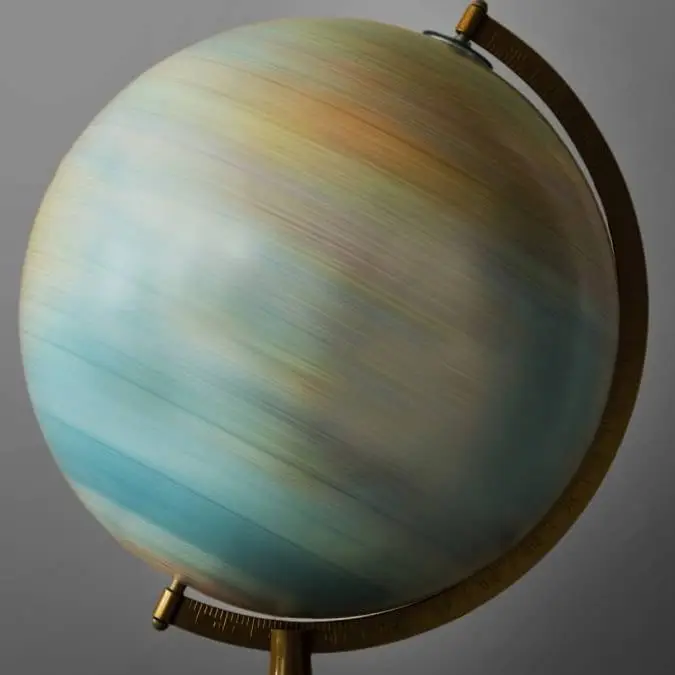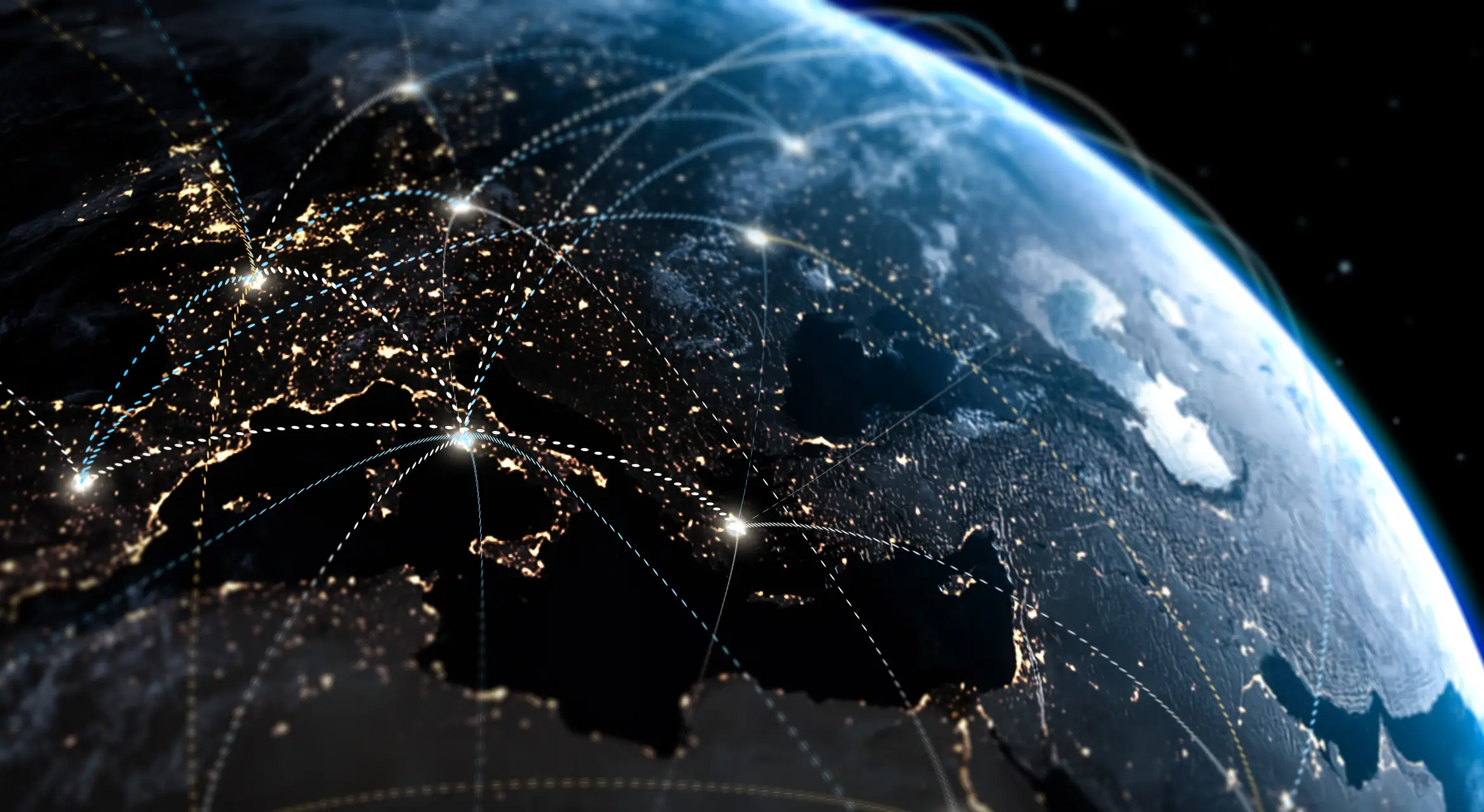
Time is a fickle mistress, and in the blink of an eye, you can find that you've lived the best years of your life. Without sounding all doom and gloom, we could be getting even less time on this Earth, with scientists claiming that our days are getting shorter.
We've previously covered how China's massive Three Gorges Dam could be making our days longer by slowing down the Earth's rotation through inertia, but countering this, others claim it's speeding up.
Back in 2023, scientists were struggling to figure out why the Earth's rotation is speeding up, while others think global warming could be behind changes due to melting polar ice caps.
As reported by MailOnline, astrophysicist Graham Jones thinks the Earth’s rotation will notably speed up on either July 9, July 22, or August 5, 2025.
Advert
While only minor, they're respectively predicted to drop by 1.30, 1.38, and 1.51 milliseconds.

Although the change might seem minuscule, even the smallest one can affect everything from satellites to GPS accuracy. Moscow State University's Leonid Zotov warns: "Nobody expected this, the cause of this acceleration is not explained."
Typically, the Moon's gravitational pull was slowing down Earth's rotation to give us a solar day (86,400 seconds).
Major natural events have been known to change Earth's rotation and the length of a day, like the 2004 Indian Ocean earthquake and tsunami, which shifted the Earth's tectonic plates and shortened the average day by a whopping 2.68 microseconds.
Atomic clocks are known for tracking time the most accurately, and up until now, the fastest day of all (recorded) time was July 5, 2024. Here, the Earth spun at 1.66 milliseconds faster than a standard 24 hours.
There's a clear pattern here, with the Earth starting to break records for its shortest day in 2020. That was July 19, marking 1.47 milliseconds short, followed by a 1.47 millisecond drop on July 9, 2021. June 30, 2022, topped this with 1.59 milliseconds, followed by several records being broken in 2024.
Even though scientists still haven't gotten to the bottom of why the Earth's spin is speeding up, they're focusing on what's going on in the planet's core, shifting ocean currents, and high-altitude winds.
Despite the crust of the Earth being solid, its molten core can affect the planet's shape and balance alongside ocean currents and jet streams, shifting its mass.
We're currently on Coordinated Universal Time, which is also known as UTC. We'll sometimes add a leap second to keep up with minor changes, but if Earth continues to rotate faster, we'll have to include a negative leap second for the first time ever.